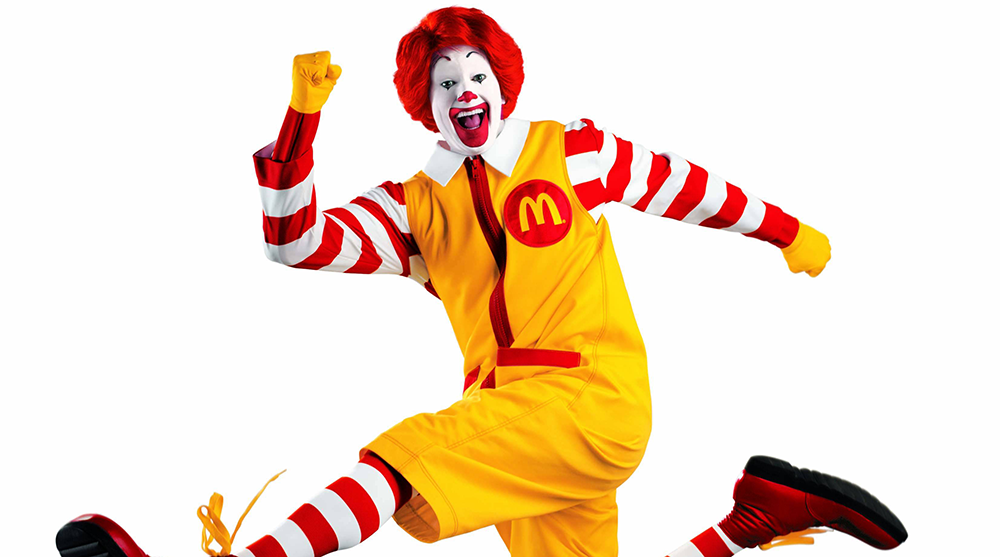In japan ronald mcdonald is called donald mcdonald due to a lack of a clear r sound in japanese

Japan’s Unique Take on Ronald McDonald: Meet Donald McDonald

Japan is a country famous for its deep-rooted cultural traditions, vibrant cuisine, and world-renowned technological advancements. However, one aspect that tends to surprise many visitors is the alteration made to a globally recognized fast-food icon - Ronald McDonald. In Japan, due to the absence of a clear “r” sound in the Japanese language, the iconic clown is affectionately referred to as Donald McDonald. Let’s delve into the fascinating reason behind this amusing modification.

The Japanese language presents a distinct challenge when it comes to pronouncing certain sounds. While English effortlessly rolls out the “r” sound, Japanese speakers often struggle to enunciate it precisely. Instead, they substitute it with a sound that falls somewhere between an “r” and a soft “d.” This linguistic nuance led McDonald’s, a global fast-food giant, to adapt the pronunciation of their mascot’s name to suit the local palate.
The decision to transform Ronald into Donald McDonald was not solely based on linguistic accommodations. The Japanese pronunciation of “Donald” resulted in a closer approximation to the original “Ronald” with its distinctive “r” sound. Moreover, “Donarudo Makudonarudo” is the way his name is spelled phonetically in Japanese katakana script, reinforcing the brand’s recognition while adhering to linguistic limitations.
The creative adaptation of Ronald McDonald’s name showcases McDonald’s astute localization strategy, acknowledging the importance of embracing cultural sensitivities and language differences. By replacing the challenging “r” sound with the more accessible Japanese “d” sound, McDonald’s not only ensures their mascot’s name is easily recognizable but also maintains a strong emotional connection with Japanese consumers.
The modification of Ronald McDonald’s name is just one example of how global brands tailor their approaches to suit diverse cultural environments. It is not uncommon for famous international franchises to adapt their names and marketing strategies to resonate better with their target audiences. This culturally adaptive approach enables companies to forge deeper connections with consumers, fostering a sense of familiarity and understanding.
While some may view the alteration of Ronald to Donald McDonald as a mere linguistic accommodation, Japanese consumers have fully embraced the modified name. The iconic character has become a beloved symbol of McDonald’s in Japan, igniting joy and creating unforgettable memories for generations. Donald McDonald’s endearing presence continues to attract legions of loyal fans, reinforcing McDonald’s status as a beloved household name in the Land of the Rising Sun.
In conclusion, the distinct linguistic challenges posed by the Japanese language prompted McDonald’s to rename Ronald McDonald as Donald McDonald in Japan. This adaptation demonstrates McDonald’s commitment to capturing the hearts of Japanese consumers while adapting to their unique linguistic and cultural context. By embracing cultural nuances, global brands like McDonald’s can foster strong brand loyalty and create meaningful connections with consumers around the world.
Source: Wikipedia
Tags
Share
Related Posts
Quick Links
Legal Stuff

